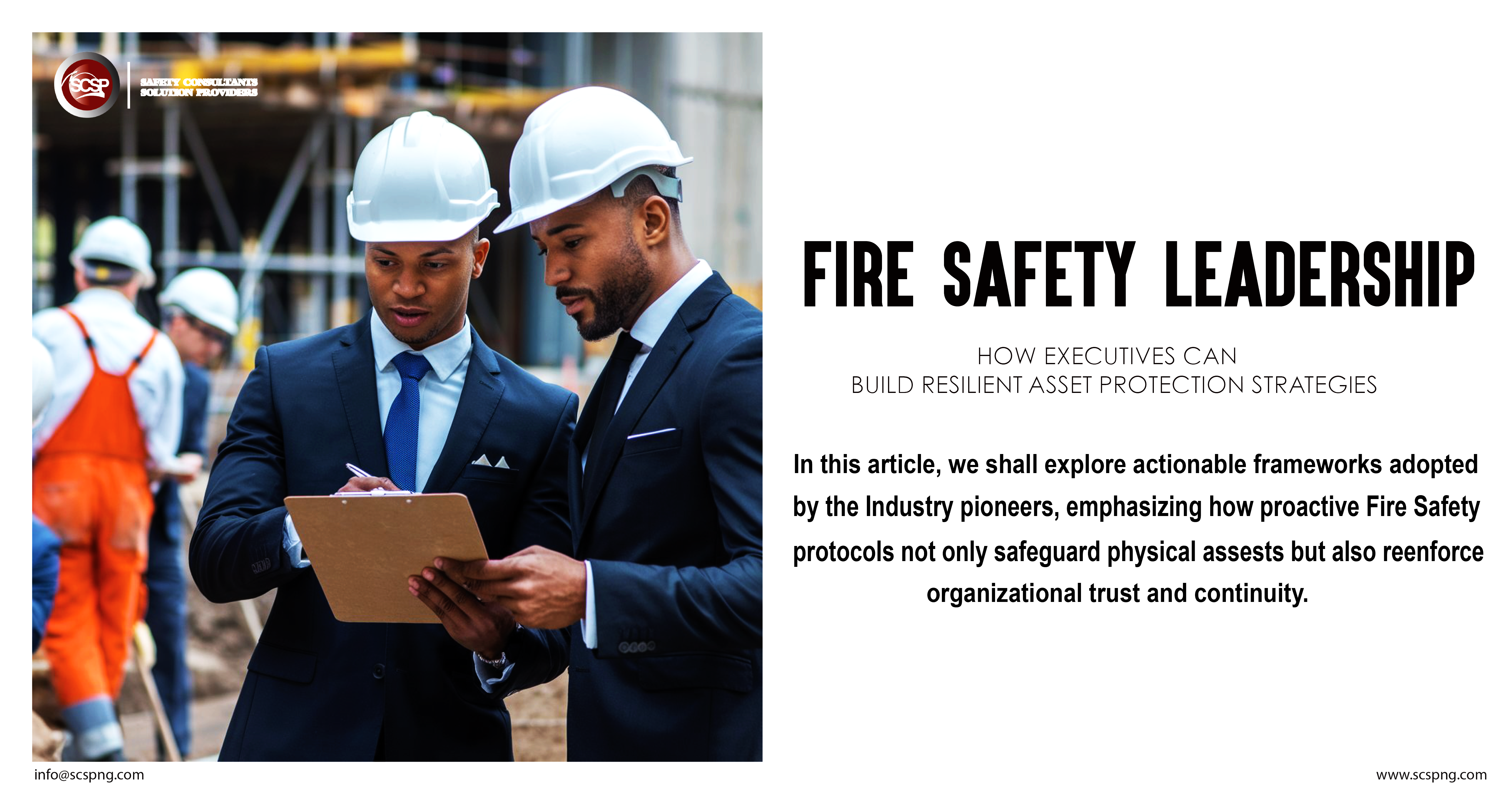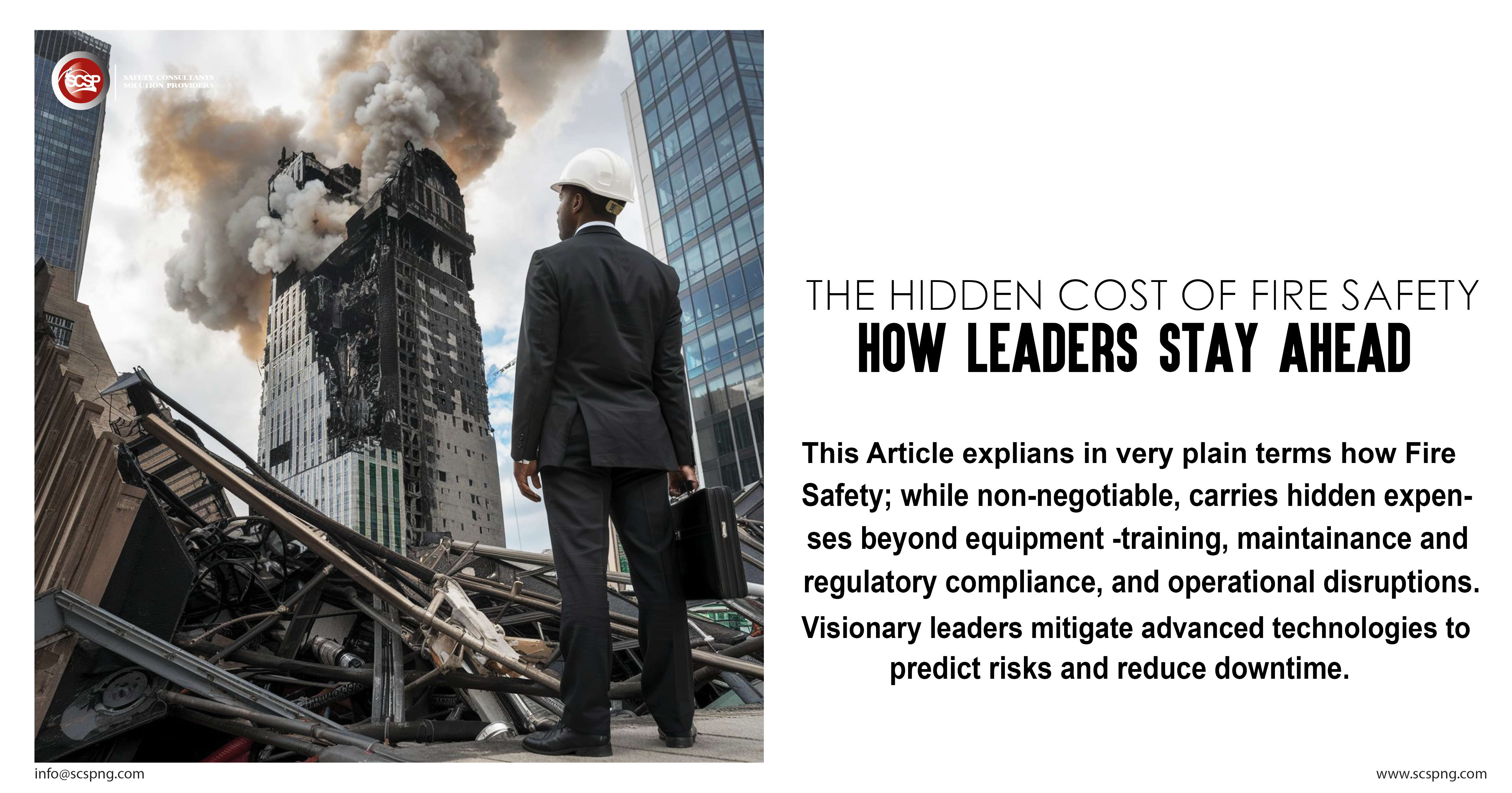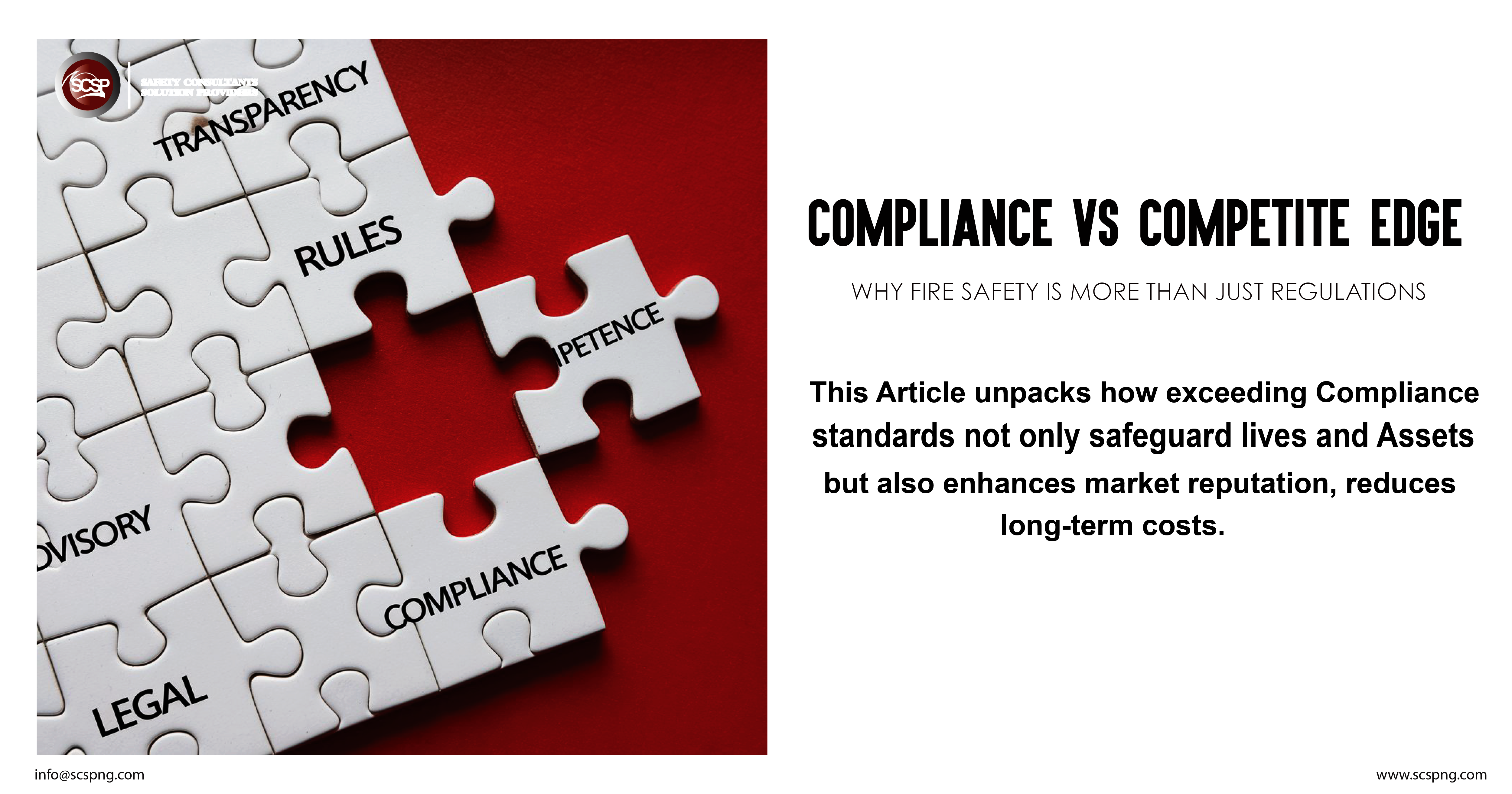A brief understanding of the definition of Facility Management and Safety will pave the way for easy appreciation of the topic – “The Importance of Safety in Facility Management”. IFMA (International Facility Management Association) defines Facility Management as a profession that encompasses multiple disciplines to ensure functionality, comfort, safety and efficiency of the built environment by integrating people, place and technology. ISO41011 defines Facility Management as an organizational function which integrates people, place, process within the built environment with the purpose of improving the quality of life of people and the productivity of the core business. This definition highlights both promotion of productivity and quality of life for building occupants in addition to protection for health, safety and security.
Safety on the other hand is defined as a condition of being protected from anything or situation which could likely cause danger, risk or injury. Safety for facilities and its management is simply the right thing to do. As a business, you have an obligation to your stakeholders, customers and your employees. When they entrust you with so much of their time and resources, you have to be prepared to pay back that investment by showing that you care about the people and not just the money, Facility Manager’s job comes with a number of challenges and responsibilities. One of the biggest and most important responsibilities of a Facility Manager, is to keep their building, team members and the users – safe. Being responsible for the day-to-day operation, the Facility Manager ensures on a daily basis that safety standards are being met and upheld and has a proper framework in place to handle disasters and unexpected safety issues. Safety at work is aimed at creating capabilities and habits that enable the workers and their organizations to carry out their work efficiently and in a way that avoids events which could cause them harm.
FM involves the management of actions and activities of service vendors/subcontractors in line with what is contained in their SLAs (Service Level Agreements) to ensure that the client derives maximum value for their investment and engagement with the FMC (Facility Management Company). Therefore, to be safety conscious and compliant, FM teams must comply with various global, national and Industry regulations and standards that address health and safety issues in a working environment and ensure that information related to compliance is accurate, consistent, timely, complete and secured. Addressing safety related issues in facilities starts with facility safety audits. This audit will identify hazards, monitor occupational safety and health Administration (OSHA) standards and ensure that corrective actions are taken appropriately.
FM’s mission to create and support a productive workplace and protect the tangible and intangible assets of an organization is consistent with environmental health and safety management. The FM must decrease hazards in the workplace and mitigate the effects of unavoidable risks. While the responsibility to promote safety extends to facility occupants, visitors, contractors, FM should be especially aware of occupants particularly those vulnerable to environmental risks such as the elderly, very young and the disabled or the physically challenged persons.
Safety management is an area of extreme importance for the FM and they include issues of fire safety, water safety, electrical safety and Asbestos management. If these areas are mismanaged, they can have detrimental and lasting effects on the health and safety of employees, users and businesses. A safe and healthy workplace not only protects workers from injury and illness but can lower injury/illness, costs, reduce absenteeism and turnover, increase in productivity and quality as well as raise employee morale. Therefore, efficient safety management is an integral part of facility management as it helps to protect everyone that uses a facility from hazards, promotes the image and reputation of the companies and minimizes prosecution and personal injury claims.
A simple safety precautionary procedure in the workplace using cleaning/janitorial services:
- The ideal time to clean the facility is when people are not present.
- Avoid wet and slippery floors by displaying visible signs that warn/cautions on movement within this area.
- Arrange furniture for easy movement of people to avoid accidents.
- Pay attention while cleaning the electrical boards.
The importance of safety in Facility Management can never be over emphasized. Safety and FM go hand in hand for the achievement of desired goals. Importance of Safety in Facility Management can be categorized into three (3) :
1.0 For Moral Reasons
- Safety helps prevent injury/death to individuals.
- Helps prevent damage to property and equipment
- Ensure a happy and healthy workforce.
2.0 For Economic Reasons
- Reduces lost time
- Increased financial benefits
- Money saved from payment of compensations, hospital bills, death rights.
- Improved productivity
- Reduced level of absenteeism
- Enhance company image and reputation.
- Enhances competitive advantage in contract bidding.
- Reduction in workers turnover.
- Attracts competent and dedicated employees.
3. Legal Reason
- Protects the organization from legal actions.
Author : Enyinnaya Omereonye (ProFM)
Operations Head










